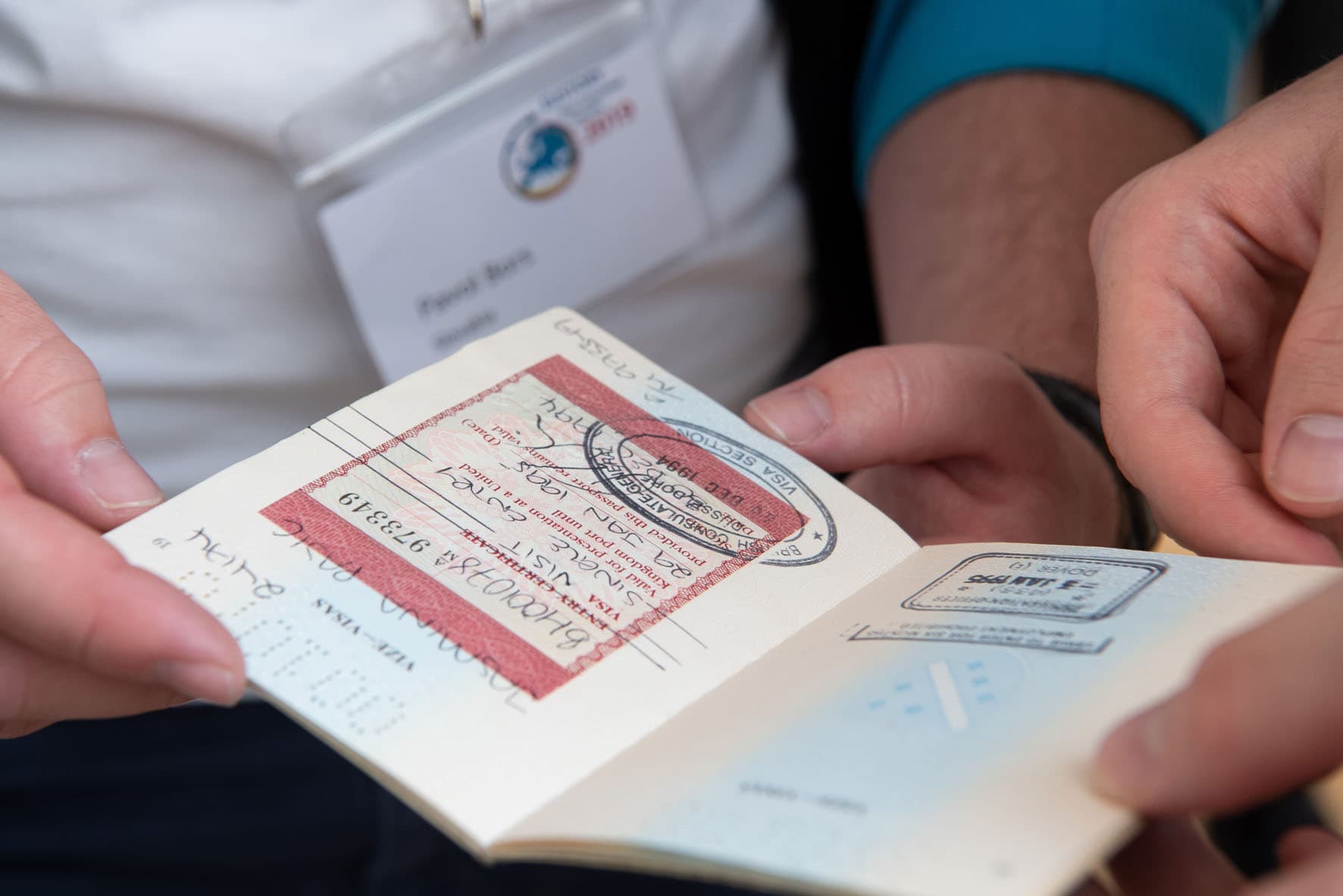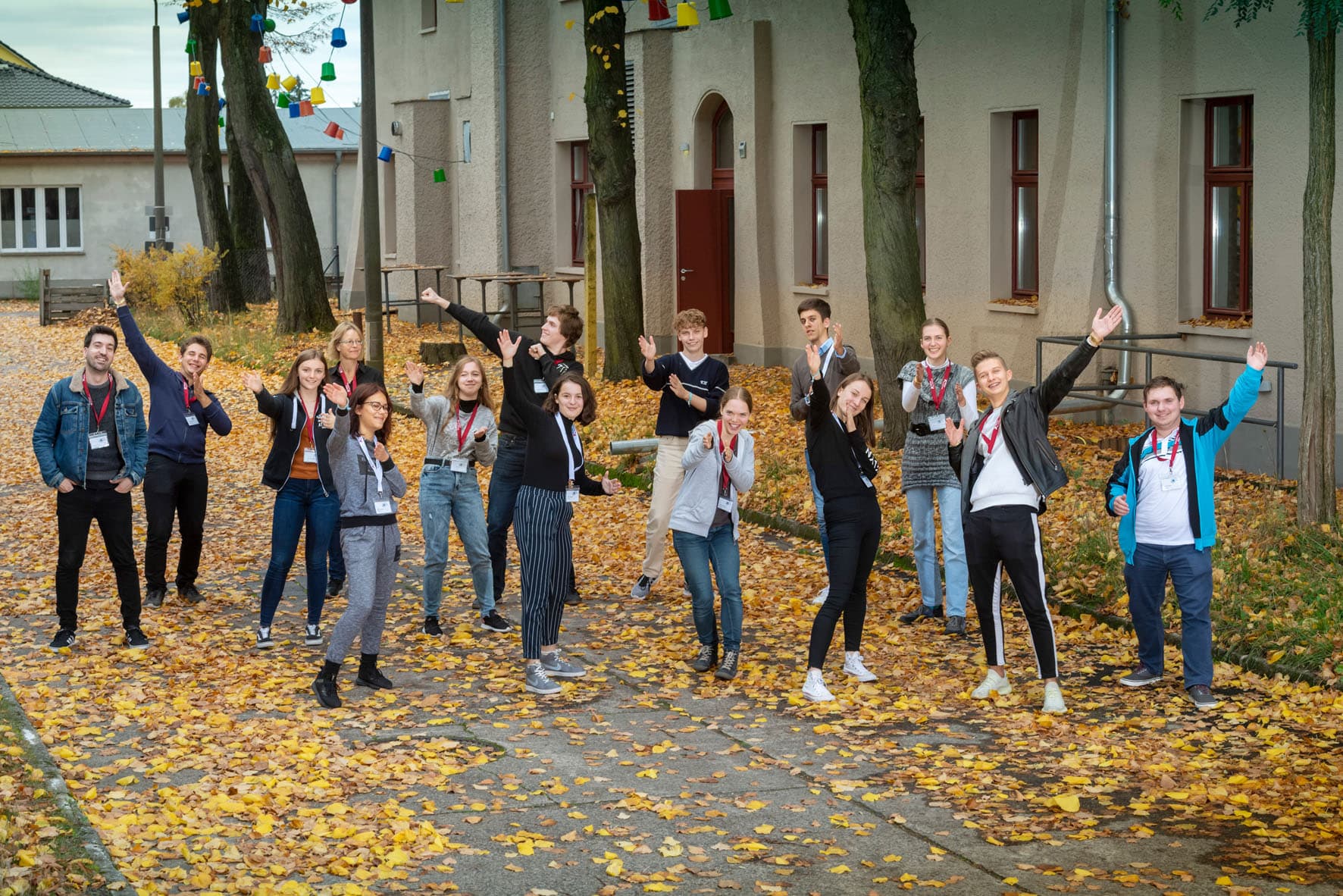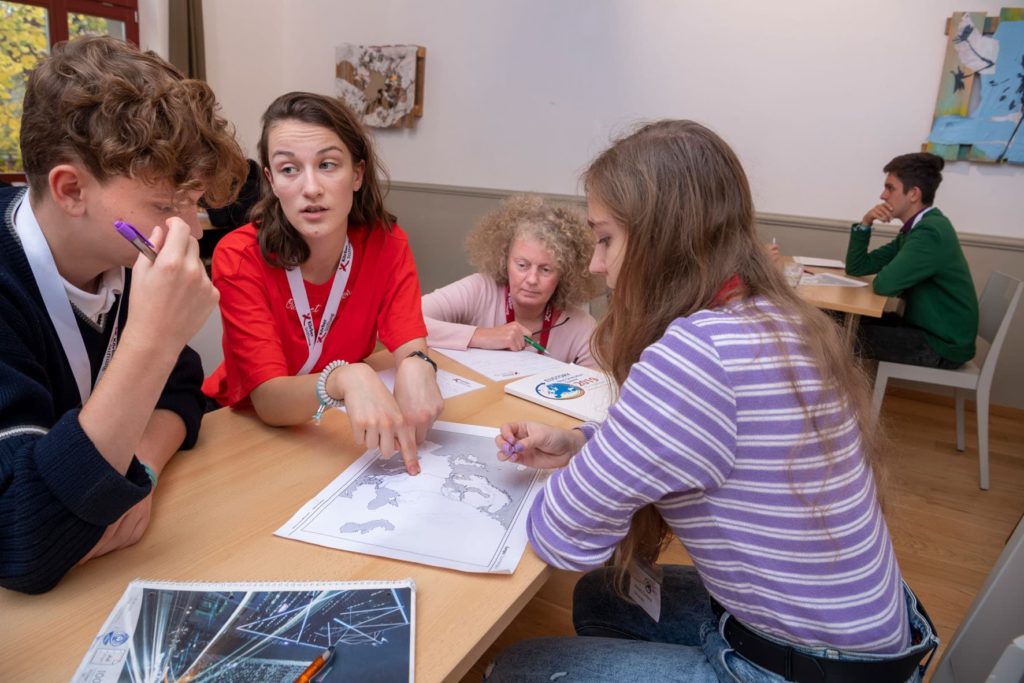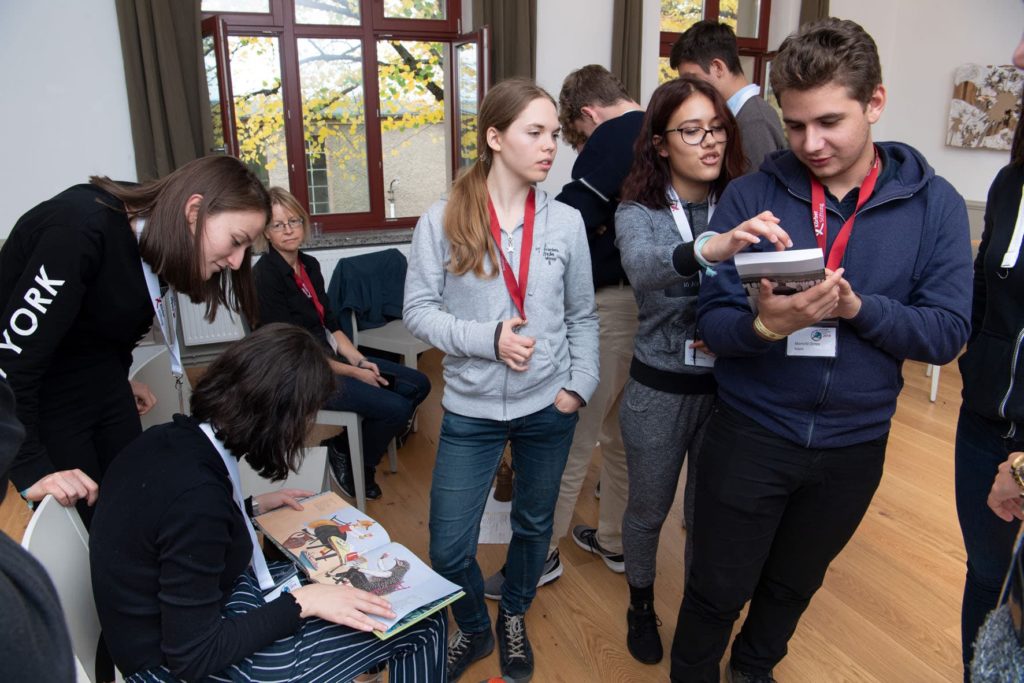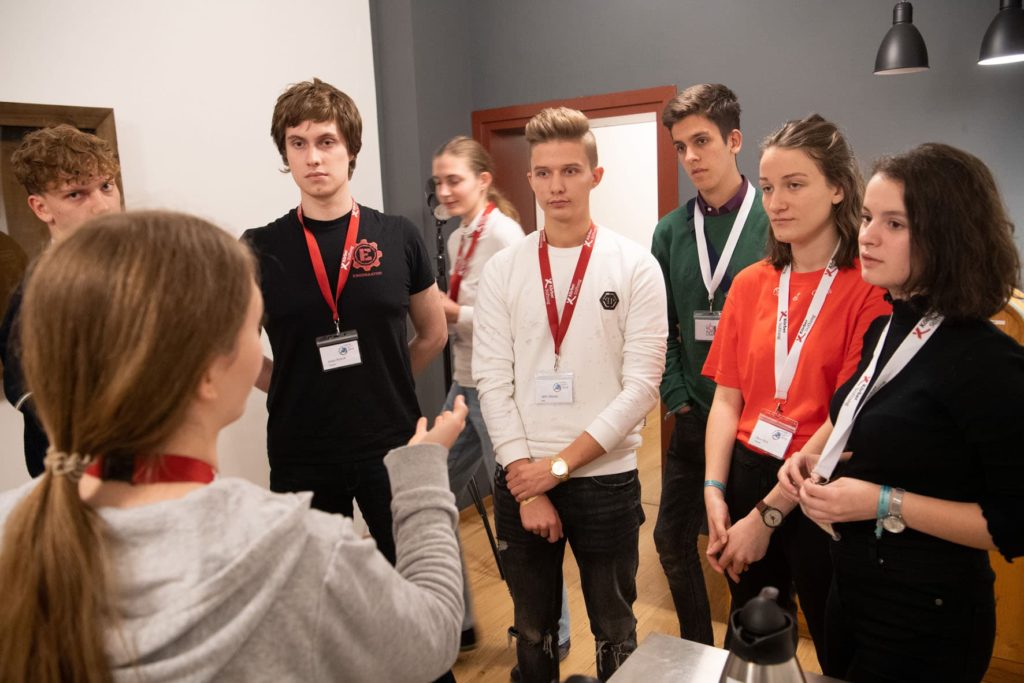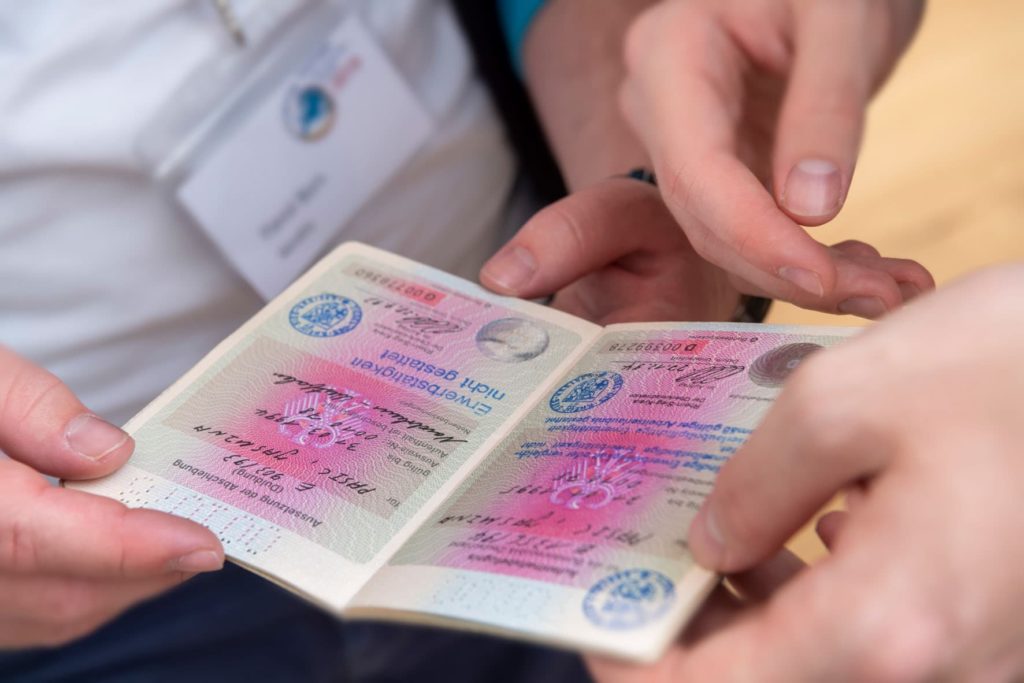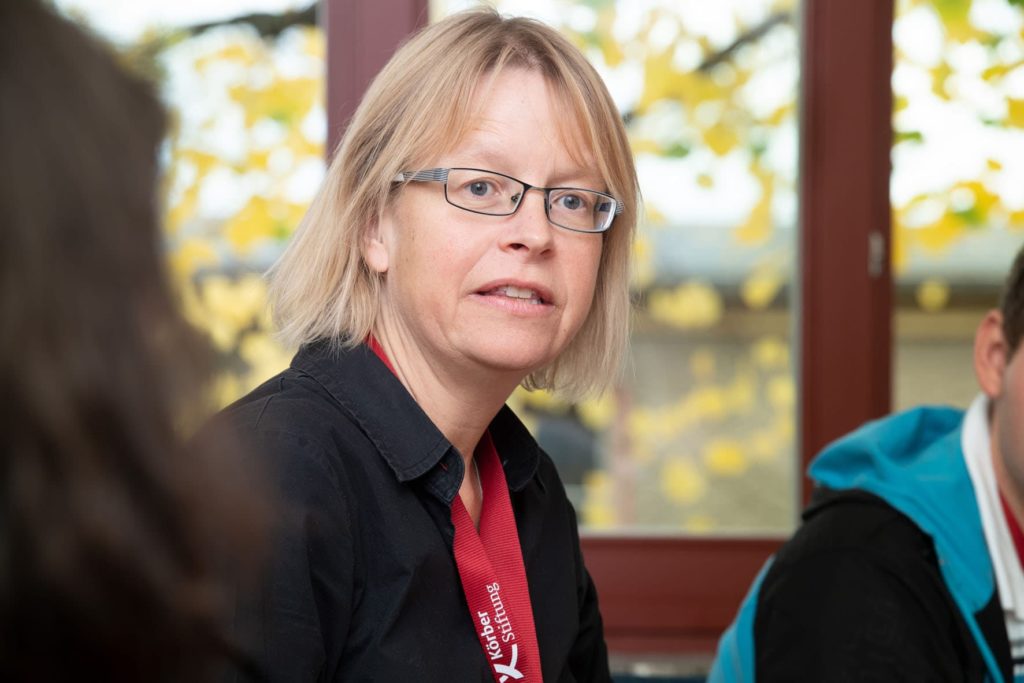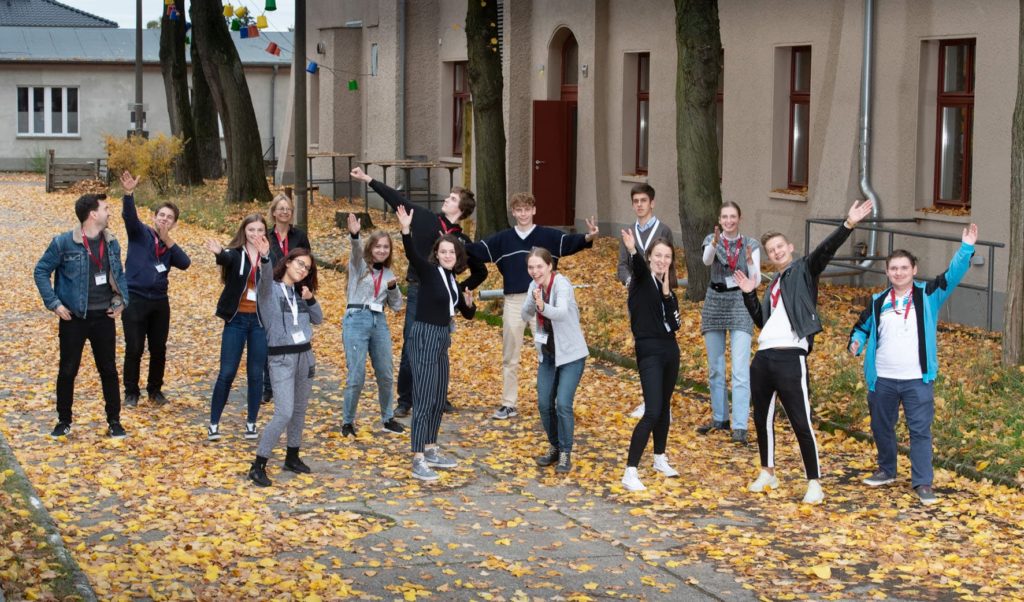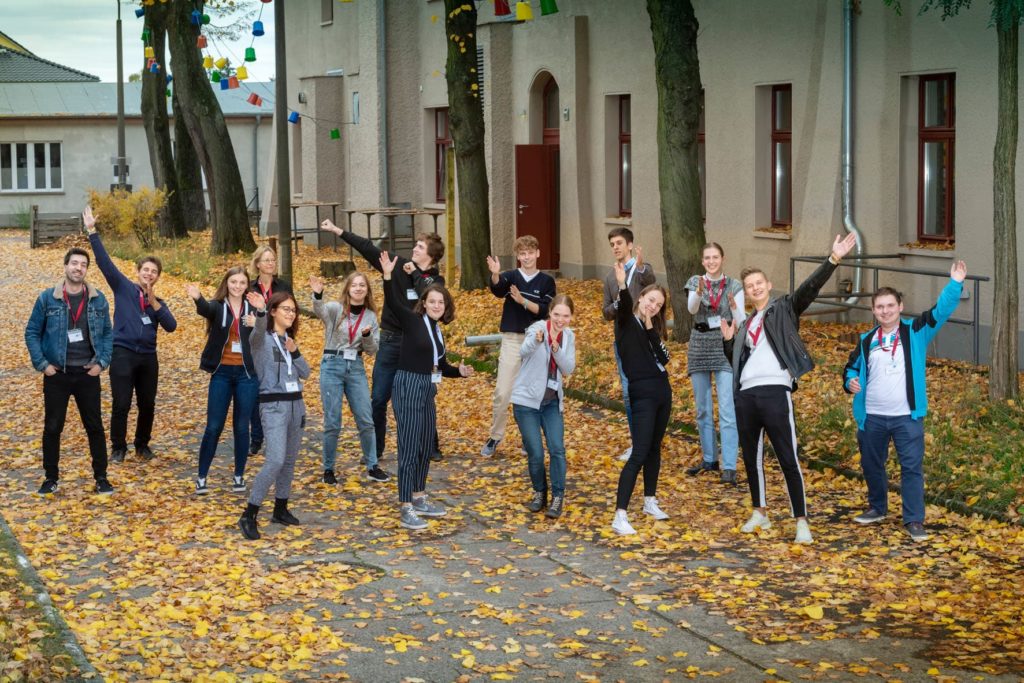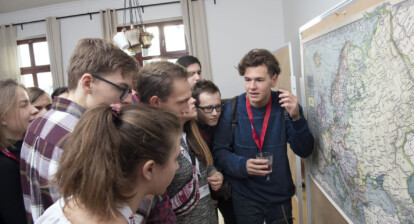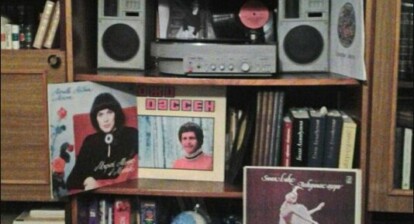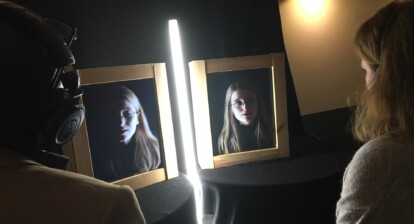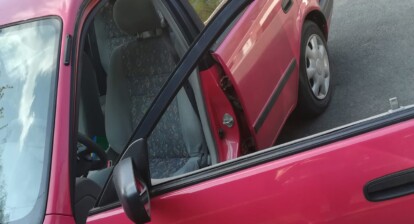How do conflicts from the past shape our lives? Can a region ever be at peace when various factions constantly fight over the interpretation of history? Is moving forward possible at all when the tensions of yesterday are still present in daily life? These issues are of crucial importance in the Western Balkans.
While historical developments after 1989 meant a break with the past, often followed by a national reawakening and a positive redefinition for many Central and Eastern European countries, the transition process of former Yugoslavia resulted in violence. The aftermath of the wars from 1991 to 2001 affect the region until today. How did the population deal with the traumatic experiences of ethnic cleansing and war crimes? Can a transition to peaceful democracy take place successfully when there is no consensus about how to interpret and deal with the past?
We approached these contested memories and experiences of individuals by looking at objects, which tell their stories. Relicts of the past constantly surround us and carry the memories of our personal histories. It is these objects, which make the legacies and the very personal stories of transition tangible. In these objects, history lives on.
We filtered the stories from the objects and transformed objects and stories into a performance, this patchwork of controversial memories we brought to the stage.
Peek behind the scenes of the workshop:
Photos: © Körber-Stiftung/David Ausserhofer
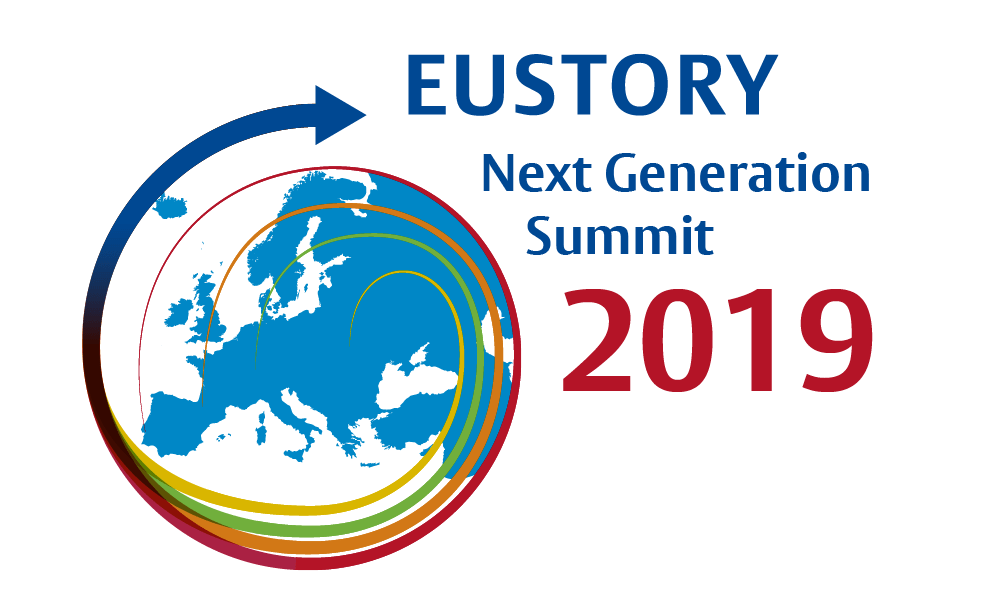
This workshop was a part of the EUSTORY Next Generation Summit 2019 from 15 to 19 October 2019 in Berlin.

